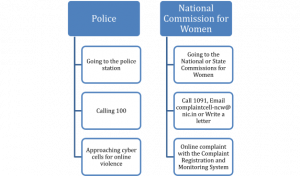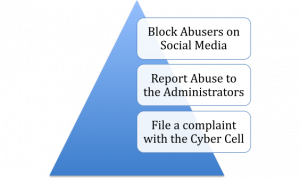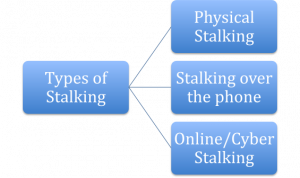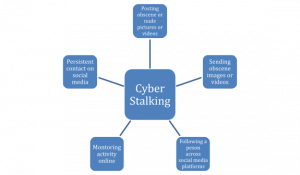
Police
Go to Police Station
An FIR can be filed at any police station or the one nearest to where the crime happened. Anyone, including a friend or relative can also file an FIR on a survivor’s behalf. However, at the time of reporting, the survivor will have to give a statement which a female police officer will record in the FIR.
Call 100
By calling 100 a survivor can seek immediate help from the police. If a survivor is in trouble, a police unit will be sent to their location for further assistance.
Cyber Cells
By approaching the cyber cell of the Police, anyone can complain about online sexual harassment. For example, a complaint can be filed with the Delhi Cyber Crime unit online.
National Commission for Women
A survivor can approach the National Commission for Women (NCW) in any of the following ways :
Call 1091
- Call 1091
- Describe the crime in detail
- Give the address and contact number
A police unit will then be sent to the address given, to assist the survivor with the steps that need to be taken. Any kind of violence against women including sexual offences and domestic violence can be reported to 1091.
Online
The National Commission for Women has an online complaint system known as Complaints Registration and Monitoring System where a survivor can fill in details and file a formal complaint. The following information has to be given:
- Details of the complainant (the person who is filing the complaint),
- Details of the survivor (woman who has faced the violence),
- Details of respondent (perpetrator i.e. the person who commits sexual violence) and
- Details such as:
- Particulars of the Incident
- Date and Time
- Place of incident
Email
A complaint with National Commission for Women can be filed by sending an email to complaintcell-ncw@nic.in with any details regarding the sexual assault such as the description of the person who commits sexual violence or the description of the incident.
Post/ Letter/ Messenger
A letter can be written to the National Commission for Women, to this address:
National Commission for Women
Plot-21, Jasola Institutional Area,
New Delhi- 110025
A friend/relative can also file a complaint on a survivor’s behalf or can handover the letter to a friend/relative who in turn can deposit it in the above-mentioned address.
Online Crime Reporting Portals
All the following ways given below can be used to report an online sexual crime. For example, if someone is stalking a person on Facebook or Instagram, then they can use any of the portals below to take an action.
Social Media Reporting
There are two ways through which a person can take action against the abuser. They can use either of the methods or both of them:

- Block Abusers on Social Media
- Report Abuse to the Administrators
- File a complaint with the Cyber Cell
To explore more on online crime reporting, read our explainer on Reporting Online Abuse.
Sexual Harassment at the Workplace
If anyone is facing any sexual harassment at work and they want to stop the sexual harassment through employer action (for example, dismissal of the perpetrator), then they can file a complaint with the Internal Committee, which is a complaint mechanism available at all offices. Every survivor or someone on their behalf also, has the option of going to the police as well to file a complaint.



